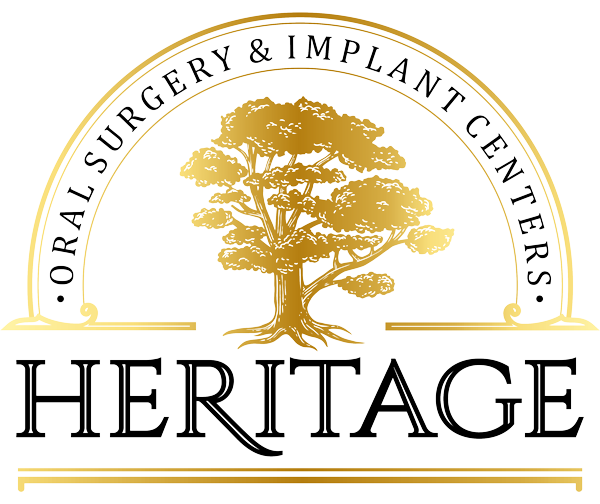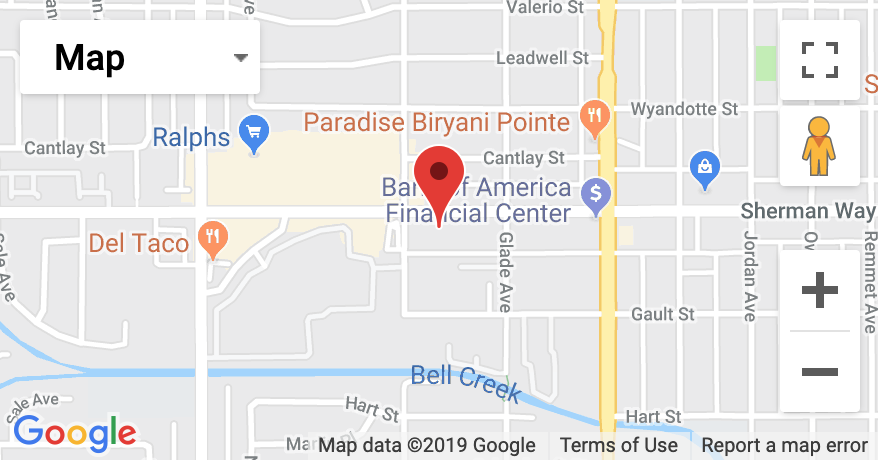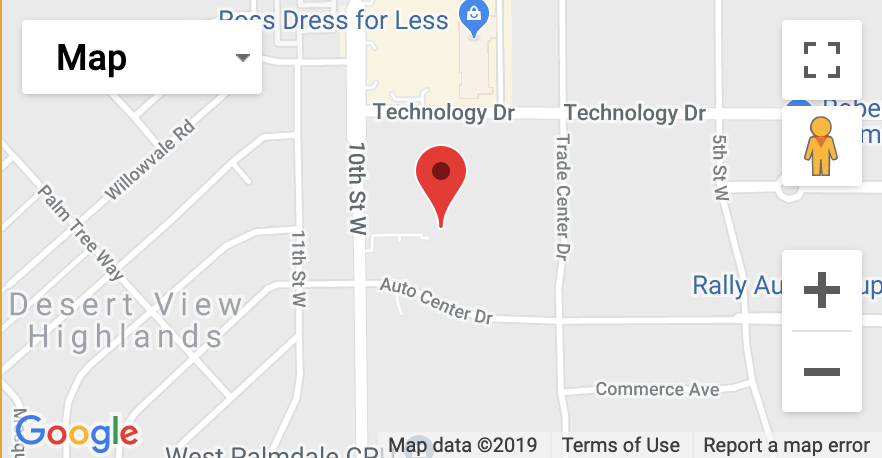Have you ever noticed an odd clicking sound when you move your jaw or experienced unexplained pain in that area? If so, you may be suffering from a temporomandibular joint (TMJ) disorder. TMJ disorders are a group of conditions related to the joint connecting your jawbone to your skull. TMJ disorders have a variety of causes, including poor posture, injury to the jaw area, arthritis, chewing too much gum, teeth that are misaligned, a misaligned jaw, and grinding your teeth while sleeping. This condition may also temporarily affect those wearing braces. Many people who suffer from TMJ do not even realize that they have it. Fortunately, this disorder is fairly easy to treat, especially when it’s caught early on.
Common Symptoms of TMJ Disorder
Garden variety jaw pain is probably the most common sign that TMJ may be a part of the picture, but some people suffer from the condition with none or very little pain at all. Instead, they may experience stiffness of the jaw or even a mysterious tingling sensation. However, at least some degree of pain is usually involved with those who suffer from TMJ, but because the pain isn’t always located directly in the jaw, it’s often mistaken for something else. For instance, TMJ pain can manifest itself as an earache, a headache, or a toothache. You may also feel pain in your checks, neck, and temples. Other signs that you may be suffering from TMJ include the following:
- Muscle spasms in the jaw and facial areas
- Ringing in one or both ears
- Blurry vision
- Stiffness in the jaw or neck regions
- Cracking sounds in the ears
- Popping and clicking sounds in the jaws
- Jaws that lock while you’re yawning
- Difficulty using your front teeth during the process of eating
Many people are able to successfully treat mild cases of TMJ with at-home treatments, including over-the-counter pain and anti-inflammatory medications, gentle massage and stretching therapy, and ice-packs. It may also help to stop chewing gum and look for ways to reduce stress. However, home care doesn’t work for everyone with TMJ. Following are various treatments your dentist might recommend if you are diagnosed with TMJ.
- Muscle relaxants — these may be used on a temporary basis if your TMJ causes muscle spasms in your jaw or facial area
- Tricyclic antidepressant — low doses of these have been found to be effective in some people for relieving the symptoms of TMJ
- Prescription strength anti-inflammatory drugs and pain relievers — these can be used on a temporary basis when their over-the-counter counterparts don’t quite do the job
- Physical therapy — some patients have found relief by doing certain exercises designed to strengthen the muscles of the face and jaw
- Oral devices such as mouth guards or splints — these are particularly helpful for those with TMJ caused by grinding their teeth
- Corticosteroid injections — these may help those experiencing significant pain find relief
In certain situations, particularly if the pain is bad enough so that it’s negatively affecting your quality of life, your dentist may recommend BOTOX injections. Other possibilities are open-joint surgery and modified condylotomy procedures.
If you are experiencing any of the above symptoms or otherwise have reason to believe that you may be suffering from TMJ, please don’t hesitate to contact our office to schedule an appointment at your earliest convenience. We’ll be able to providing testing for the purpose of determining the root cause of your issues and develop a customized approach to treatment designed to provide you with optimal comfort and relief.





